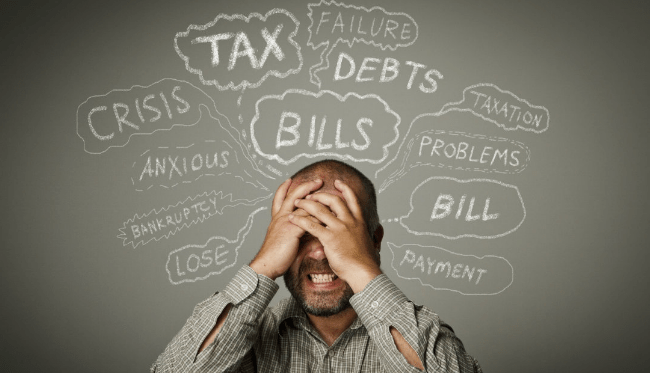A new study conducted by Harvard University and the University of Exeter suggests financial handouts such as Universal Basic Income (UBI) do more harm than good.
The study, which took place from July 2020 to May 2021, involved roughly 2,000 participants who received a one-time cash payment of $500 or $2,000. Participants earned an average of $950 per month and received an additional $530 from government benefits such as food stamps. More than half of participants were unemployed and 80% had children.
For the purposes of this article, we will refer to those receiving $500 as Group A and those receiving $2,000 as Group B.
Despite the extra cash, handout recipients in both groups reported the same rate of late-payment charges, overdraft fees, and cash advances when compared to a control group of 3,000 individuals that did not receive money. During the weeks following the handout, Groups A and B outspent the control group by an average of $26 per day and $82 per day, respectively.
Over the next 15 weeks, handout recipients reported:
- Increased financial stress
- Decreased work performance and job satisfaction
- Less earned income ad liquidity
- Reduced job satisfaction
- Worse sleep and physical health
- More anxiety and loneliness
There was virtually no difference in results between Groups A and B, but a marked difference when compared to the control group. It’s possible that handout participants became even more stressed when they received free money but still couldn’t afford what they wanted, notes Allysia Finley, a member of the Wall Street Journal’s editorial board.
“More plausible, the payments made work less rewarding, which reduced feelings of personal well-being. Cash recipients reported less earned income and felt worse about their work. It’s no surprise that people who received a large percentage of their monthly income for doing nothing were less motivated to work and less satisfied with their work. Earning a paycheck can give workers a sense of personal agency that encourages them to make better financial and health decisions. Receiving a handout may do the opposite.”
Though similar results have been observed almost every time a UBI experiment is conducted, Democrats seem to think that any problem can be solved with money. Liberals often argue that unconditional handouts prompt low-income individuals to make better financial decisions and lead healthier lifestyles.
Firm believers in UBI include 2020 presidential candidate Andrew Yang, who promised $1,000 a month for all Americans over the age of 18, and journalist Brianna Provenzano, who believes cash handouts can “infuse a sense of pride back into an American workforce that has been stripped of its dignity over the years.” Provenzano also claims that people inherently enjoy working because “they derive so much of their social value from it.”
The theory here is that low-income folks will be more focused on the future if they don’t have to worry about making ends meet. Unfortunately this is simply not how people behave.
Just look at the sharp increase in inflation and unemployment following the federal government’s generosity during the pandemic. In my personal life, I am acquainted with far too many people who still haven’t returned to work after being laid off during the pandemic because they are living on the government’s dime.
As my colleague Joe Gilberston likes to say, “Whatever you subsidize, you get more of.” If we give Americans free money, they will lose the incentive to work and spend money they do not have.
Sources:
